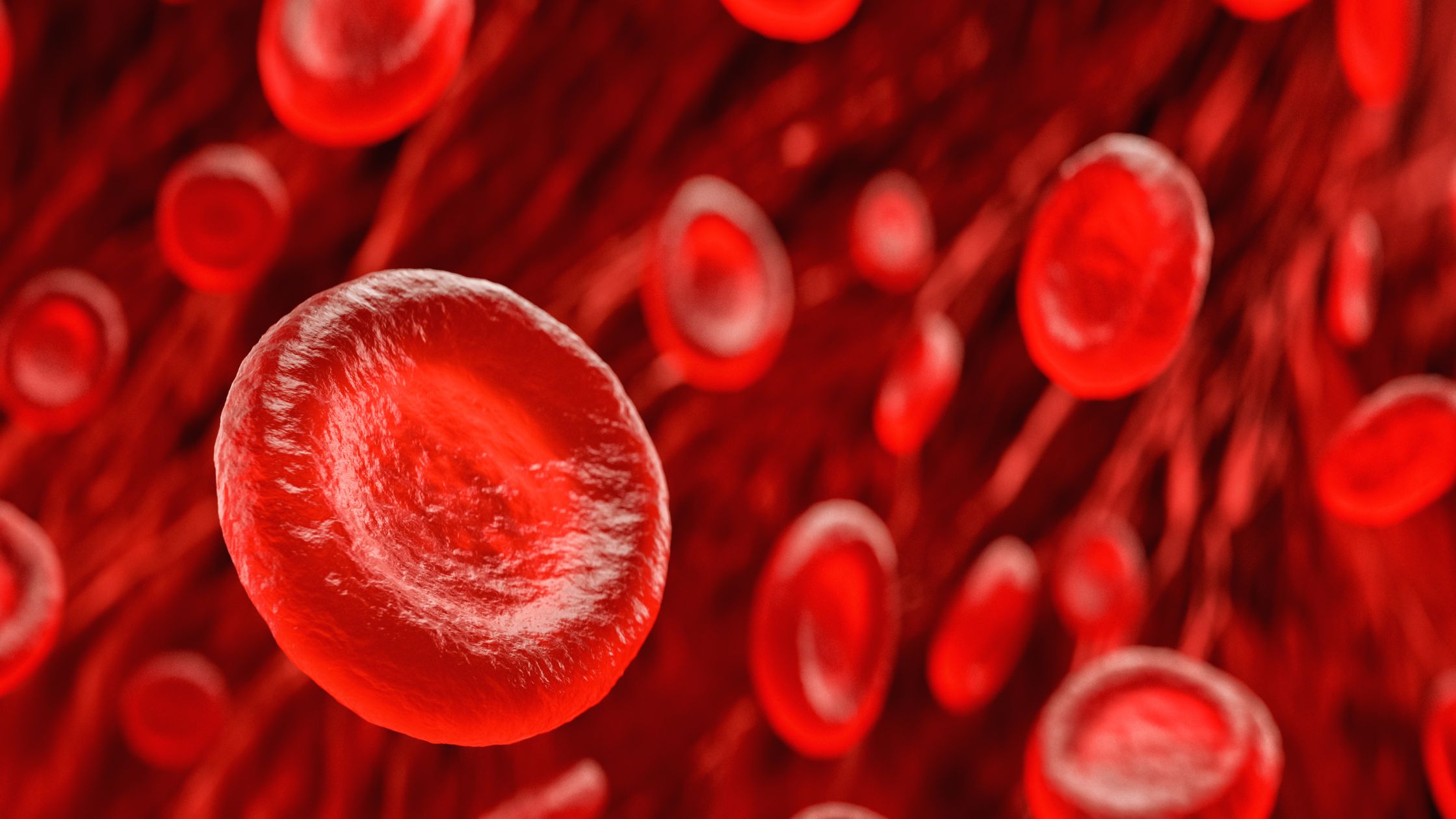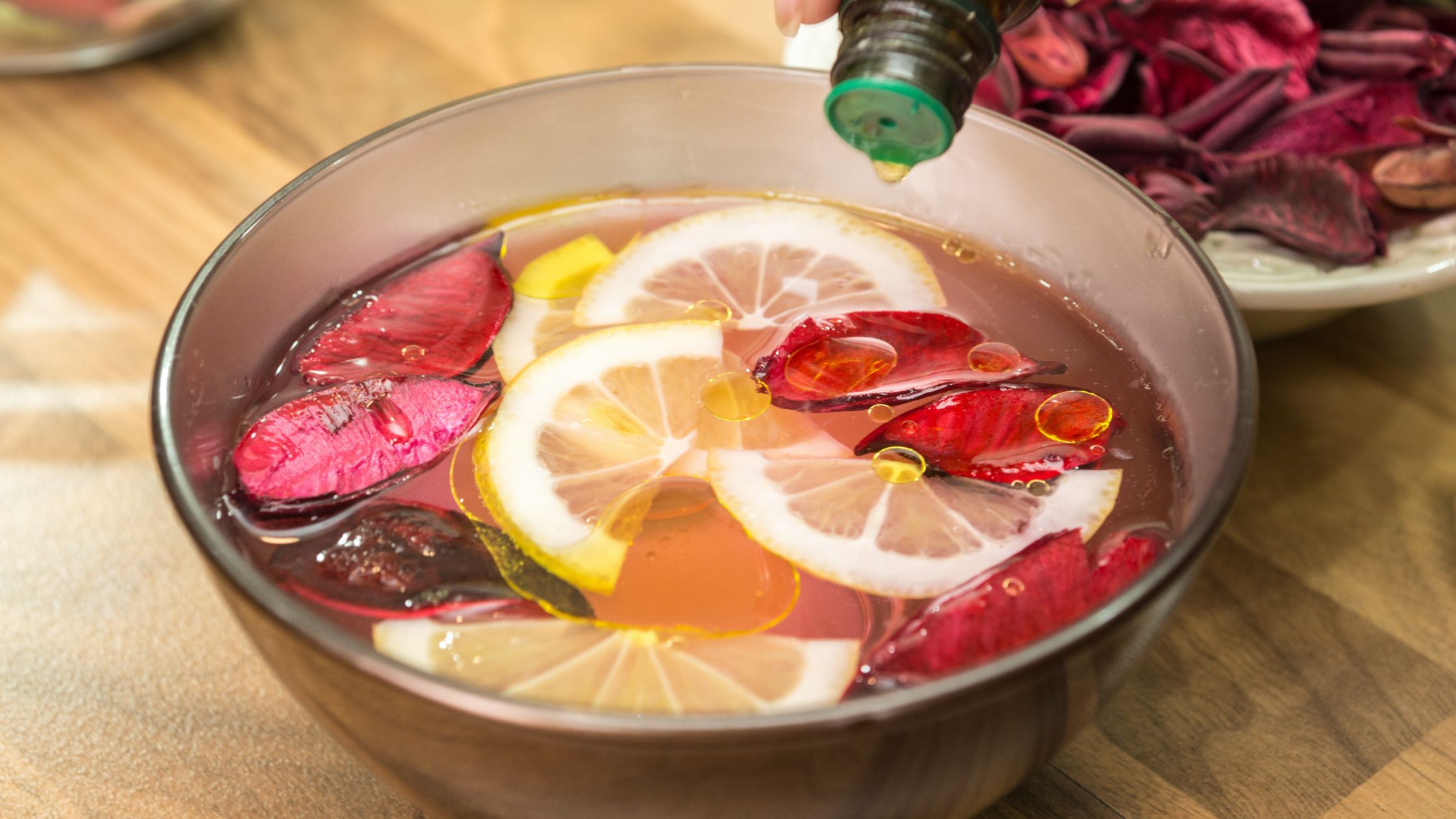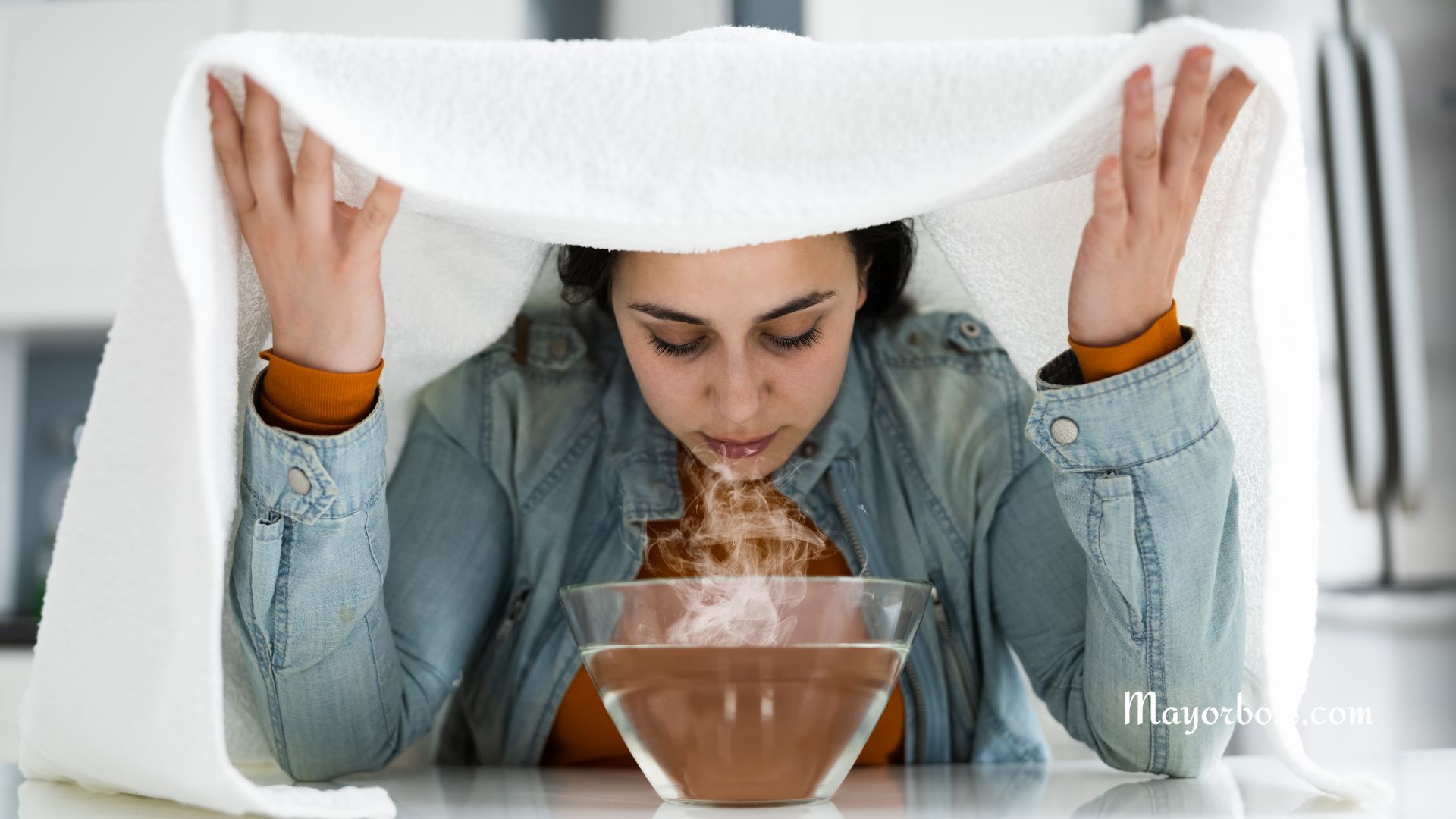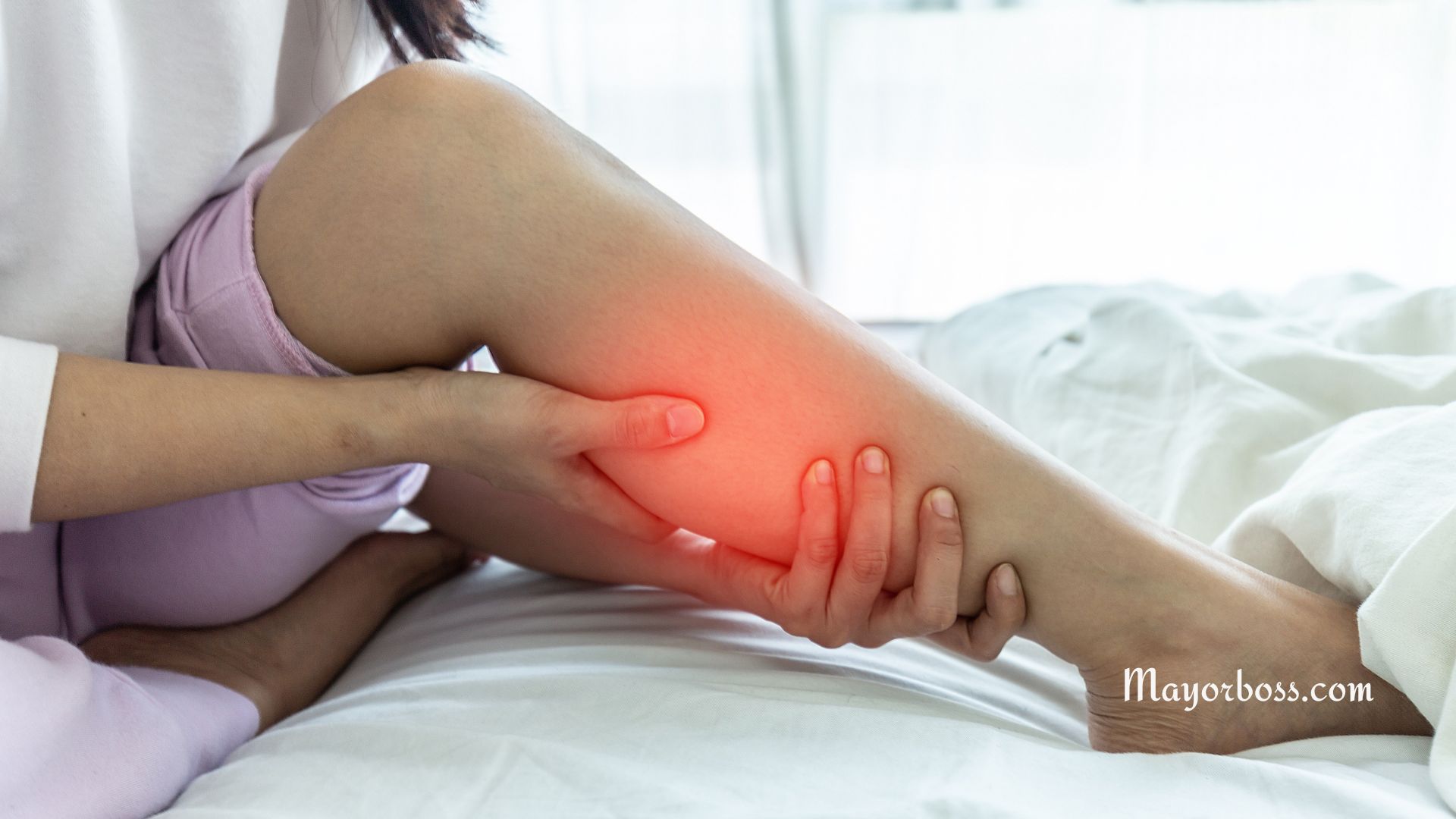How to Get Rid of Cold Sores Fast
Cold sores are small, painful blisters that typically form around the mouth, caused by the herpes simplex virus. While there’s no magic cure for cold sores, you can speed up the healing process and reduce discomfort using antiviral medications, home remedies, and lifestyle changes. This article outlines several methods to help you get rid of cold sores as quickly as possible.
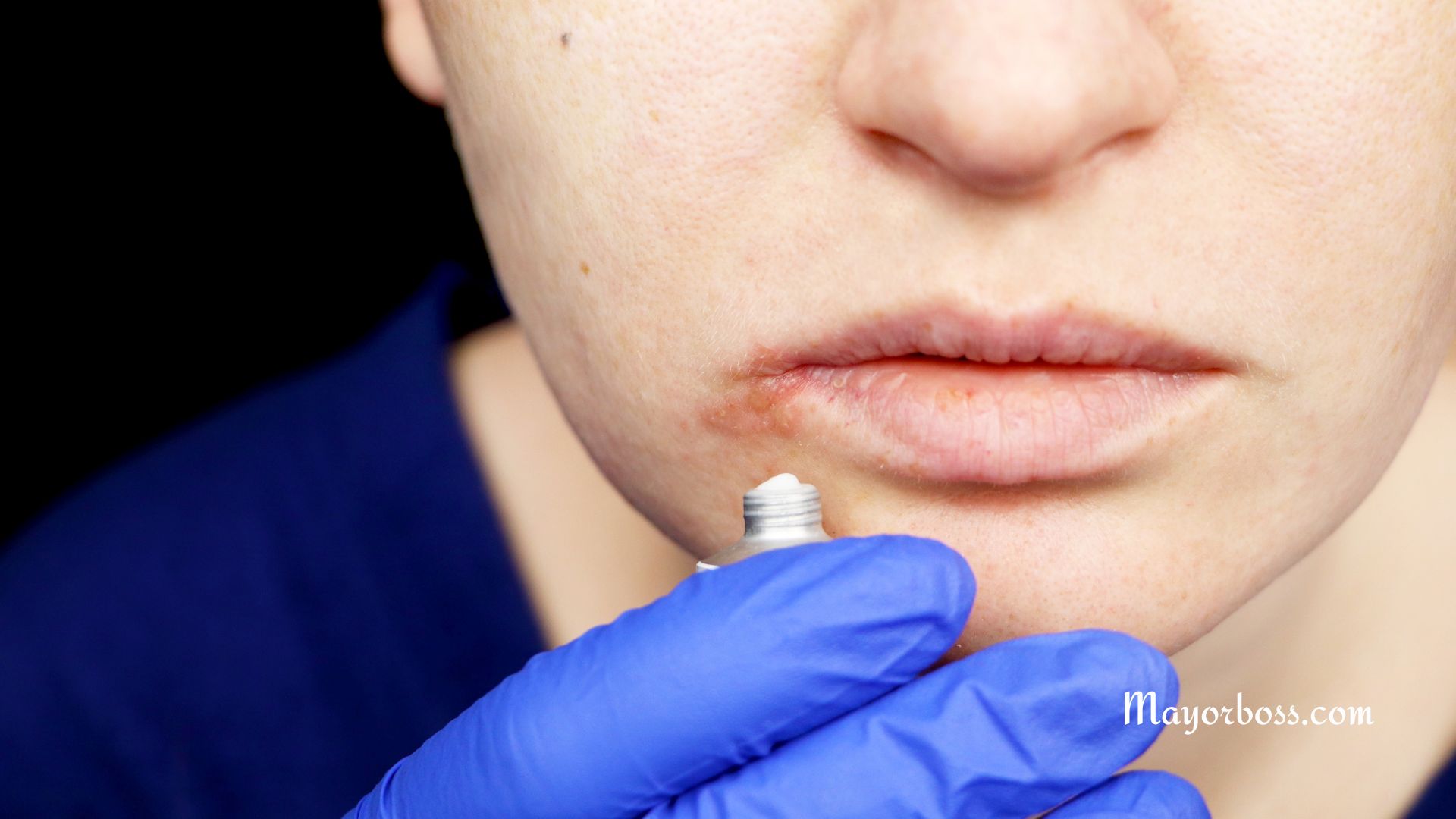
Over-the-Counter Treatments
Antiviral Creams
You’ll find a variety of antiviral creams at your local pharmacy. Examples of these creams include acyclovir (Zovirax) and penciclovir (Denavir). Apply these creams at the first sign of a cold sore to speed up healing. They work best when used right away, so don’t wait!
Lip Balms and Creams
Moisturizing balms and creams can offer relief from the itchiness and dryness associated with cold sores. Look for products that contain lysine, an amino acid that aids in the healing process.
Pain-Relieving Gels
For immediate relief, consider using an over-the-counter pain-relieving gel. These gels numb the affected area and can be a real lifesaver when it comes to eating or drinking.
Home Remedies
Cold Compress
A cold compress can work wonders for reducing swelling and relieving pain. Just wrap an ice cube in a cloth and hold it against the sore for about 20 minutes. This method can be repeated multiple times throughout the day.
Aloe Vera Gel
Aloe vera is known for its anti-inflammatory properties. Applying a small amount of aloe vera gel can soothe the affected area and promote faster healing.
Tea Tree Oil
Some people swear by the antiviral properties of tea tree oil. Dilute a few drops in carrier oil and apply it to the sore with a cotton swab. But be cautious—tea tree oil can be irritating to some skin types.
Lifestyle Changes
Stay Hydrated
Dehydration can prolong the life of a cold sore. Make sure you’re drinking plenty of water to keep your skin hydrated and flush out toxins.
Avoid Acidic Foods
Acidic foods like tomatoes and citrus fruits can irritate a cold sore. So, it’s a good idea to steer clear of them until the sore heals.
Maintain Good Hygiene
The herpes simplex virus is highly contagious. Therefore, you should wash your hands frequently and avoid sharing personal items like towels and utensils.
Prescription Options
Antiviral Medications
In severe cases, your doctor may prescribe antiviral medications such as valacyclovir (Valtrex) or famciclovir (Famvir). These medications can be highly effective in reducing the duration of a cold sore outbreak.
Topical Ointments
Your healthcare provider might also prescribe a stronger topical ointment. These ointments are generally more potent than over-the-counter options and can speed up the healing process considerably.
Frequently Asked Questions
What Triggers Cold Sores?
Cold sores are primarily triggered by the herpes simplex virus. However, certain factors can provoke an outbreak. Stress, for instance, can weaken your immune system and make you more susceptible. Similarly, exposure to sunlight, hormonal changes, and even minor skin injuries can be triggers. In people with weakened immune systems, the risk of frequent outbreaks is higher.
How Long Do Cold Sores Last?
Most cold sores go away on their own within two weeks. But with effective treatment, you can reduce this time considerably. Over-the-counter antiviral creams and home remedies can help speed up the healing process. Moreover, prescription medications can significantly cut down the duration of an outbreak if taken at the first sign of a cold sore.
Can Cold Sores Be Prevented?
While you can’t completely eliminate the risk of getting cold sores, there are preventative measures you can take. Using lip balm with SPF can protect your lips from sun exposure, a known trigger. Likewise, managing stress through exercise or mindfulness techniques can help keep outbreaks at bay. Furthermore, if you know you’re prone to cold sores, keeping antiviral medication on hand can help you treat them as soon as they appear.
Are Cold Sores Contagious?
Yes, cold sores are highly contagious. The herpes simplex virus can spread through direct contact, so it’s crucial to avoid kissing or sharing personal items like utensils or towels when you have an active outbreak. Even when the sore has scabbed over, it’s advisable to be cautious until it has fully healed.
What’s the Difference Between Cold Sores and Canker Sores?
Though they may seem similar, cold sores and canker sores are quite different. Cold sores are caused by a virus and appear outside the mouth, commonly around the lips. They are contagious and often form in clusters. On the other hand, canker sores appear inside the mouth and are not contagious. These ulcers are often triggered by factors like stress, hormonal changes, or certain foods rather than a viral infection.

